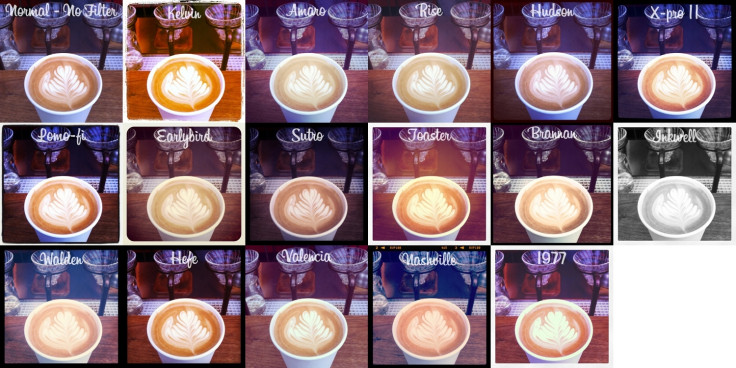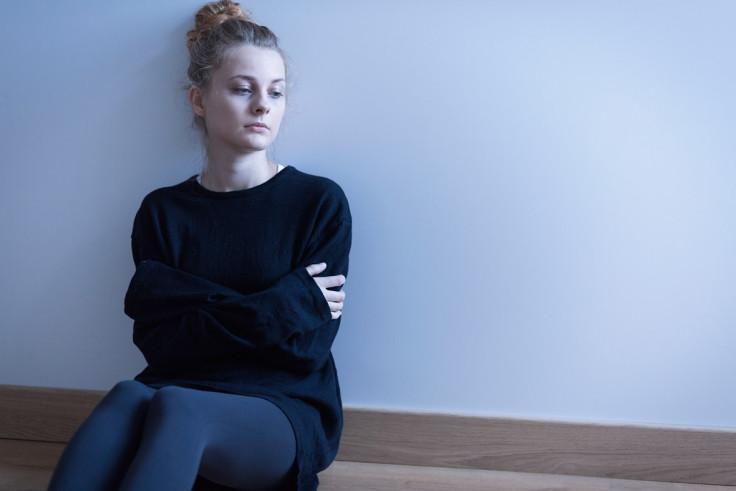Can your Instagram photos reveal if you are depressed?
Instagram pictures could be analysed for signs of poor mental health.

Analysing people's Instagram pictures with an innovative computer program could help spot signs that they are suffering from depression. Scientists believe this tool may provide new avenues for an earlier diagnosis of mental illness – a priority for practitioners as many young people still go undetected.
In recent years, a growing body of literature has focused on the role that social media could play for early detection and intervention in psychiatric disorders. Studies have for instance shown it was possible to detect post-natal depression in young mothers from their Twitter posts, or that people commonly display symptoms consistent with depression on Facebook.
None however had investigated whether visual data such as photographs could be analysed to reveal a person's mental health state. In a study now published in the journal EPJ Data Science, researchers have looked at the role of the most popular photo-sharing social media, Instagram, to see if the pictures posted by users could help screen and detect depression.
The scientists recruited 166 Instagram users and applied machine learning tools to analyse 43,950 photos. Among the 166 participants, 71 had a clinical diagnosis of depression. The algorithm they used scoured the photos for details that were associated with healthy and depressed individuals. The information they gathered was then used to see if the algorithm could predict who would go on to be diagnosed with depression, by only looking at photos that were posted before people had received their diagnosis.
The researchers found that photos posted by people diagnosed with depression were typically darker in colour and received more comments from the community. They were more likely to contain faces and less likely to have a filter applied. When a filter was selected, it was usually to turn the picture to black and white. The participants diagnosed with depression also posted photos at a higher frequency.
The algorithm was able to correctly identify depressed individuals from their social media photos 70% of the time.
Looking at pictures in context
It's important to point out however that there's still a long way to go before such a tool can be applied in real life, and used by doctors to identify vulnerable individuals.
"This is a robust proof-of-concept study, but if we wanted to take this to the next level, we would have to do more research in a larger population and to take into account more factors, like people's personality. If you are an artist taking only black and white pictures, that does not mean you are depressed, that's just your style," study co-author Christopher Danforth, from the University of Vermont, told IBTimes UK.
"I would not advocate that such an algorithm be used as a diagnostic tool but it could be a tool to encourage people to visit their doctors when they usually do so only occasionally, it could be a way for people who are vulnerable to be seen earlier," he added.

Mental health professionals have recognised in recent years that there could be a place for social media to help them identify at-risk individuals. But like Danfort, they know using this is something that will need to be thorough, and done carefully.
"It can be difficult to assess a person's mental health at the best of times. A person's mood can fluctuate. If they see a sad film or have had a bad day they might post a sad pictures but that does not mean they are depressed. To assess someone's mental health, looking at the context is very important, and these algorithms might need to look at people's posts over a long period of time to look for changes and to take their personality types into account," said Louise Theodosiou of the Royal College of Psychiatrists.
Theodosiou, a Manchester based adolescent psychiatrist, is concerned that some people may think that such a photo-analysing program can take on the role of primary care, when it should just be a helpful additional tool to help detecting people early on.
"That being said, we do know that we are still not picking up a number of young people with mental health needs. If we look at cases of children that have killed themselves, some of them were not picked up by mental health services. So this kind of tool has value in the sense that it's may be another mechanism to identify people that we might otherwise miss, and it may potentially be lifesaving," she concluded.
© Copyright IBTimes 2025. All rights reserved.






















